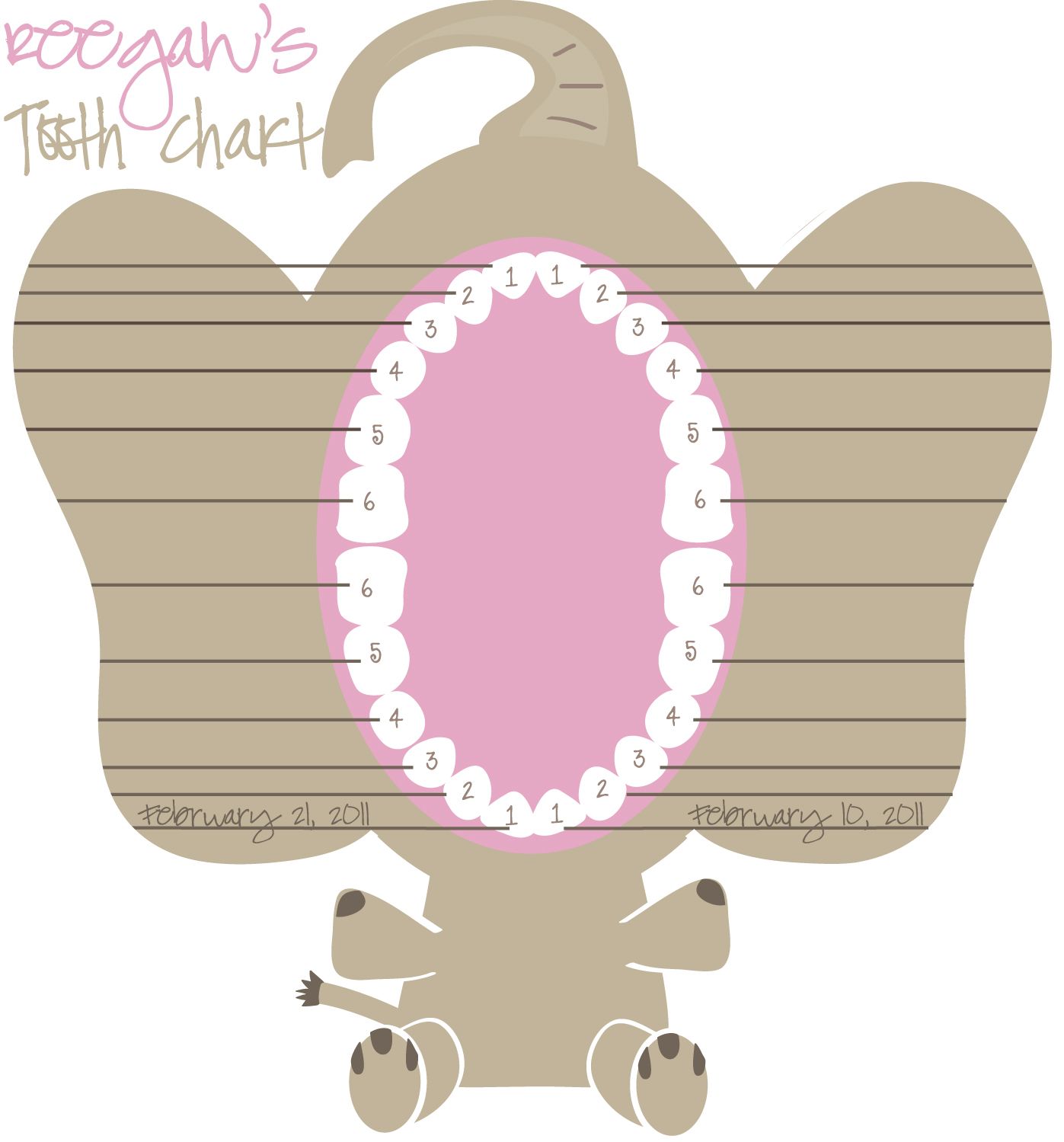When Will My Puppy Lose Her Baby Teeth

At this point, all puppy teeth should be gone, and adult teeth emerge. If there are any baby teeth left, let your vet know so it can be removed. Permanent teeth replace the milk teeth tooth-for-tooth and add four premolars and 10 molars. Most pups will have 42 permanent teeth in place by about seven months of age.
When will my puppy lose her baby teeth. It might not be one of the first that comes to mind, but an important milestone is when they lose their puppy teeth and grown up teeth come through in their place. Puppy Baby Teeth Just like human children, puppies have a small set of milk teeth, and a larger set of adult teeth. Yes, it is normal for puppies to lose their baby teeth, just like children lose theirs. Pups have 28 sharp little puppy (deciduous) teeth that begin to erupt at about a month old and are all. The process of losing teeth occurs because your puppy’s body reabsorbs the roots that hold the baby teeth in place. your puppy needs to get used to having his mouth and teeth examined Once the root is fully reabsorbed, the tooth becomes loose and is easily knocked out when the puppy eats or chews his toys. These are referred to as deciduous teeth, and are a temporary set that are only present for a few months, before your pup starts to lose them and grow in their permanent teeth. Pups start to get their baby teeth at around 2-3 weeks of age, starting with the incisors, then the canine teeth, and eventually the premolars.
I’ve had puppies who took as long as eight months to lose all their baby teeth. So don’t despair, Mother Nature will soon work her magic and push those razor sharp teeth out. Just hoping and wondering if the biting will subside after she loses her baby teeth and gets her adult teeth? We do the whole yelping when she bites hard and then removing attention, but it doesn't really work. She is 4 months and there is never a moment unless she is sleeping that she is not nipping/trying to bite our hands. We are looking forward to a nice, peaceful dog but would like to. It’s a tough time for both the puppy and her owners. Teething Timeline. Puppies will begin losing baby teeth and growing in adult teeth at an individual rate. However, most puppies begin loosing their incisors (those tiny teeth at the front of the mouth) during the puppy’s third month, often towards the end of the third month. Your puppy will still be with his mother and breeder when his baby teeth start coming in. At this point, his eyes will have opened and he’ll still be nursing. Weeks 5 to 6:
Just like human children, puppies lose their baby teeth. Between the ages of 4 and 6 months, those needle-sharp puppy teeth, often called "milk teeth" or "deciduous teeth," begin to fall out as they are replaced by a stronger set of adult choppers. Usually, the front bottom teeth--the incisors--are the first to go. It is hard to tell for sure when your puppy starts loosing its 28 baby teeth. A puppy's baby teeth, or milk teeth, come in at four weeks of age and commonly start to fall out between weeks 14 and 30, to make room for the 42 large adult teeth that will grow in their place. Dog baby teeth are also known as deciduous, milk, or puppy teeth and this first set of teeth starts appearing at about three to four weeks of age. At about one month of age, puppies have 28 baby teeth and they will have these teeth until their adult teeth come in and push them out. When Do Puppies Lose Their Baby Teeth? Puppies develop and lose this set of “baby” teeth just like humans do. These teeth, sometimes known as “milk teeth” or “ needle teeth ” and referred to as “ deciduous teeth ” by vets, eventually give way to permanent “adult” teeth. “The first deciduous teeth are usually lost at about.
Retained deciduous teeth are more common in dogs, though it does occur in cats. It often affects smaller breeds of dog, including the Maltese, Poodles, Yorkshire Terriers, and Pomeranian. Symptoms and Types. In addition to observing the deciduous (baby) teeth once the permanent teeth begin to erupt, the following signs may occur: Bad breath Your puppy's mouth wasn't designed to hold two sets of teeth at the same time and obviously it gets a bit crowded in there if the baby ones don't fall out. This can cause discomfort or even pain, and stuff (food, sticks and all the random stuff your pup so enjoys chewing on!) can get stuck in them much more easily. My puppy just turned 5 months and she’s been starting to lose her teeth. I did notice that her upper front teeth are growing in behind her baby teeth. The baby teeth feel kinda loose but i’m worries they won’t fall out. Do teeth normally grow in like this . Hi there! I see that Macy is a very small dog. Teeth are a reliable measure of age whether your pup is a rescue or not. In fact, studying your dog’s teeth may be the most accurate resource when investigating how to tell the age of a puppy. Teeth are a particularly reliable way to determine a puppy’s age because your dog will lose all baby teeth before he/she is about 6 months old.



















